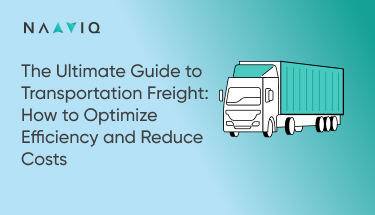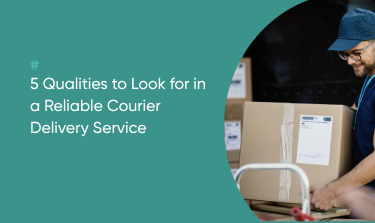To make this process smooth and effective, here are four crucial things to consider when onboarding new transport partners:
1. Evaluate the Transport Partner’s Track Record
Before partnering with a new transport provider, assess their past performance. Their experience, customer reviews, and delivery success rate can provide critical insights into their reliability.
A proven track record can give you confidence that they’ll meet your operational standards.
2. Assess Technological Capabilities
In today’s digital age, technology plays a pivotal role in logistics operations. A transport partner who leverages modern technology can enhance efficiency, visibility, and communication.
Consider whether the transport partner offers:
Tech-enabled partners can reduce paperwork, improve transparency, and minimize delays.
3. Evaluate Fleet Size and Versatility
The transport partner’s fleet size and the type of vehicles they operate directly impact their ability to handle different types of loads.
The right fleet mix ensures that your shipments can be handled efficiently, regardless of volume or cargo type.
4. Alignment with Your Business Goals
Every transport partnership should align with your broader business goals, including cost-efficiency, sustainability, and customer satisfaction. Before onboarding, evaluate how well the transport partner’s values match yours.
Key areas to focus on:
A transport partner who shares your commitment to operational excellence and sustainability can help you achieve long-term growth.
Conclusion: Building a Strong, Strategic Partnership
Onboarding new transport partners is a crucial step toward building a resilient and efficient supply chain. By evaluating their track record, technological capabilities, fleet versatility, and alignment with your business goals, you can ensure that you’re selecting a partner who will add value to your logistics operations.
Remember, the right transport partner isn’t just a service provider—they’re a strategic ally who can help you enhance delivery efficiency, reduce costs, and meet evolving customer expectations.
For transport management solutions that simplify onboarding and enhance your logistics operations, consider NaaviQ Transport Management Software (TMS)—a platform designed to optimize dispatch planning, fleet management, and operational efficiency.
Ready to transform your logistics operations? Reach out to NaaviQ today!





